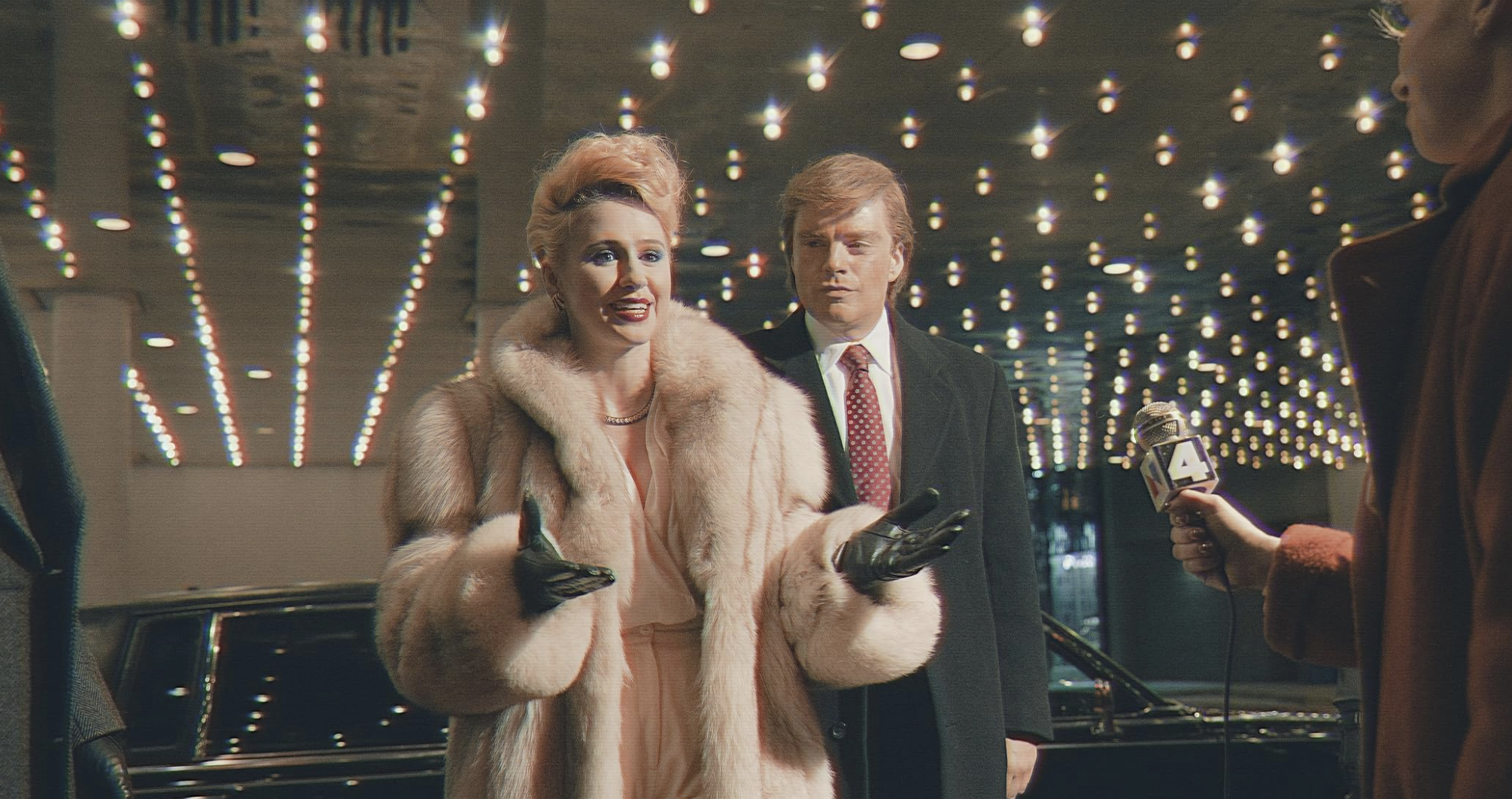
EL DORADO, Kan. – The No. 14 ranked Butler Grizzlies dismantled Bethany JV 100-50 to head into conference play 5-0.
Not long ago, Donald Trump successfully won the American election. Before running for president, acting in the film The Apprentice (2024) with Sebastian Stan as the main actor hit the big screen. The name comes from Trump's reality TV show The Apprentice. The plot of the film also echoes the content of the TV show, which tells the story of young Trump's rise to become a business tycoon step by step. So, who was Trump’s mentor? The results speak in the movie, taking us all the way back to 1969.
In 1969, the National Association of Colored People (NAACP) sued the Trump family for alleged racial discrimination, and the lawyers now suggest that they settle out of court, but the huge out-of-court damages will put the Trump family directly into bankruptcy. Trump (Stan) wants to hire Roy Cohn (Jeremy Strong), the lawyer he met at the club, to settle the lawsuit and build a luxury hotel. But Cohn ignored this and went straight to the bathroom. Unexpectedly, Trump swallows his pride, chases him to the toilet, and begs Cohn to help himself with the lawsuit.
Cohn didn't care about the law, just who the judge is. Cohn later threatened Walter, who oversaw the lawsuit at the Justice Department, with photos revealing his homosexuality. Because homosexuality was banned from federal service at the time, and Walter had a wife and kids. With this threat, the Trump family won the case. Cohn bluntly states that the United States is people-oriented, not a law-based country, the key to solving the lawsuit is to solve the people.
In The Apprentice (2024), director Ali Abbasi presents a fascinating exploration of the relationship between Trump and his mentor Cohen, offering a complex, if uneven, study of power, loyalty and the darker side of ambition. The movie reflects the dynamic between Trump and Cohn, with the pupil ultimately surpassing the master not just in influence but also in audacity.
Cohn takes Trump under his wing, teaching him the art of power: deny accusations, exploit enemies, manipulate media and always aim to win—no matter the cost. The lessons pay off as Trump begins his rise to prominence, building the Trump Tower and cementing his image as a brash, larger-than-life businessman.
However, the relationship sours as Cohn’s health declines due to AIDS, and Trump distances himself, leaving his former mentor isolated and betrayed. The film’s second half explores how Trump, armed with Cohn’s teachings, builds on his mentor’s playbook to become even more audacious and self-serving, leaving behind anyone who no longer serves his interests.
The film unfolds in chronological order, relatively flat, without violent conflict, like a documentary. But I think it is also wonderful, from Trump not having enough experience in business law being protected by Cohn to playing with the law and ignoring Cohn, full of irony. It shows Trump's conceit, how he is extreme and ungrateful.
“It is very much based and fact-checked,” Abbasi said. “There is rigorous journalistic work.”
This movie is highly polarized according to other film reviewers, but I agree with the director’s opinion as a spectator from an outsider’s view. I give it 8.5/10.

EL DORADO, Kan. – The No. 14 ranked Butler Grizzlies dismantled Bethany JV 100-50 to head into conference play 5-0.

The journey towards higher education is commonly perceived as a transformative experience, unlocking opportunities. For first-generation college students, this venture...